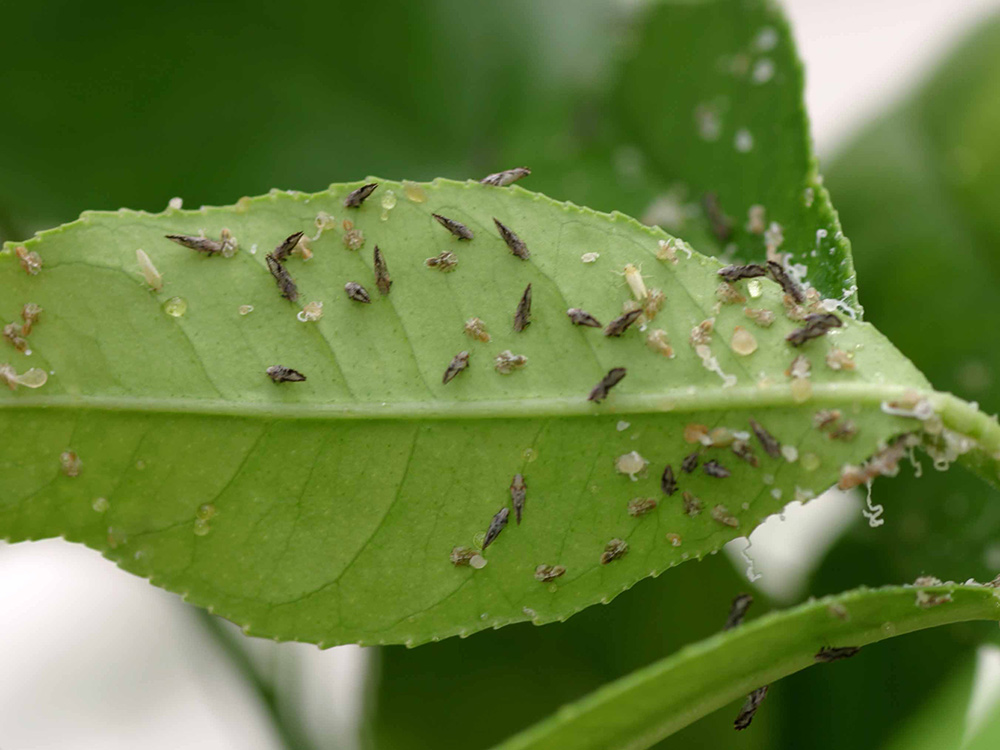Taiwan has resumed its technical cooperation program with Panama, interrupted in 2012, allocating one million dollars for the prevention of the HLB disease, a pest in Central America which has decimated the citrus production and was detected in February in the Panama province of Bocas del Toro.
Taiwan’s ambassador in Panama, José María Liu, told Acan-Efe that “the technical cooperation program has successfully been restarted with the collaboration of some of the best specialists in the control of the citrus disease HLB (Huanglongbing).”
Since 2012, the pest has been fought in Central America by the International Regional Organization for Agricultural Health (OIRSA) together with the authorities of each country and financial support, also from Taiwan. Only El Salvador is excluded from the program, because the HLB has not been detected there.
The diplomat specified that “the new strategy for technical cooperation should include knowledge transfer, so that after the completion of the task by Taiwan, Panama can continue the work with trained staff.”
The last detection in Panama took place in February 2016 and was detected thanks to the project’s monitoring routines. “According to data from the Comptroller General of the Republic, Panama cultivates citrus (oranges, mandarins, lemons and grapefruits) on 14,662 hectares, and its production and industrialization generate 8,550 direct jobs and 15,300 indirect jobs.
“Panama is one of our main allies and we want to share our knowledge and progress, especially to help the neediest, and to facilitate the country’s development,” noted Liu.
